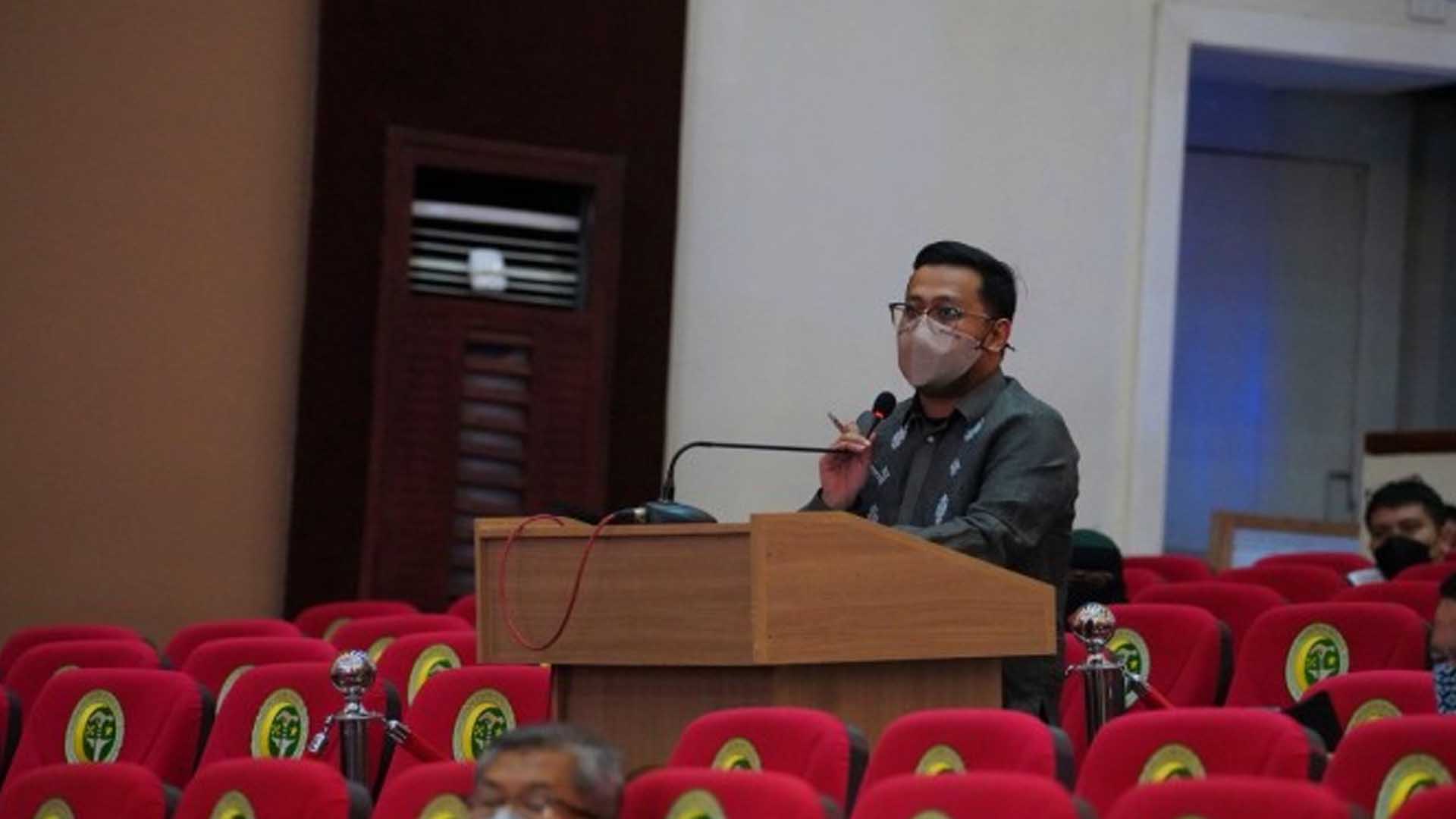A member of the Bangsamoro Transition Authority (BTA) filed on Tuesday a bill that would establish more programs for the welfare of persons with disabilities (PWDs) in the Bangsamoro Autonomous Region in Muslim Mindanao (BARMM).
Filed by BTA Member of Parliament Amir Mawallil at the resumption of session this year, Parliament Bill 167 or Bangsamoro Disability Welfare Act of 2021 aims to establish an institutional system to ensure the implementation of programs and services for PWDs, and create a Regional Persons with Disabilities Affairs Office (R-PDAO).
“This merely reinforces the commitment of the Bangsamoro government to take care of, protect, and rehabilitate individuals, families, and communities in the region, especially those who have less in life and those who need social welfare interventions,” said the bill’s principal author Amir Mawallil, a parliament member of the BTA, which is the region’s provisional legislative body.
Once passed into law, the office shall be under the control and supervision of the Ministry of Social Services and Development, which will explore livelihood opportunities and other initiatives to improve the health, physical fitness, economic and social well-being of PWDs, the bill explanatory note stated.
The office’s responsibilities include formulating and implementing policies, plans, and programs that will promote the welfare of disabled persons; representing the sector in meetings of Bangsamoro Economic Development Council; gathering relevant data on the disabled persons in all components of BARMM local government units; and disseminating information on training and employment opportunities, among others.
“Due to long-term physical, mental, intellectual, or sensory impairments, they are generally considered highly vulnerable and confronted with challenges,” Mawallil said.
He said that the Bangsamoro Organic Law (BOL), the edict that created the BARMM, provides the establishment of a special agency, support facilities, and livelihood or skills training for PWDs and other disadvantaged persons for their rehabilitation and productive integration into mainstream society.
In the BARMM, all social, cultural, economic, and environmental barriers that are prejudicial to disabled persons must be removed to foster PWDs’ capability to attain a more meaningful, productive, and satisfying life in society, he added. (PNA)







